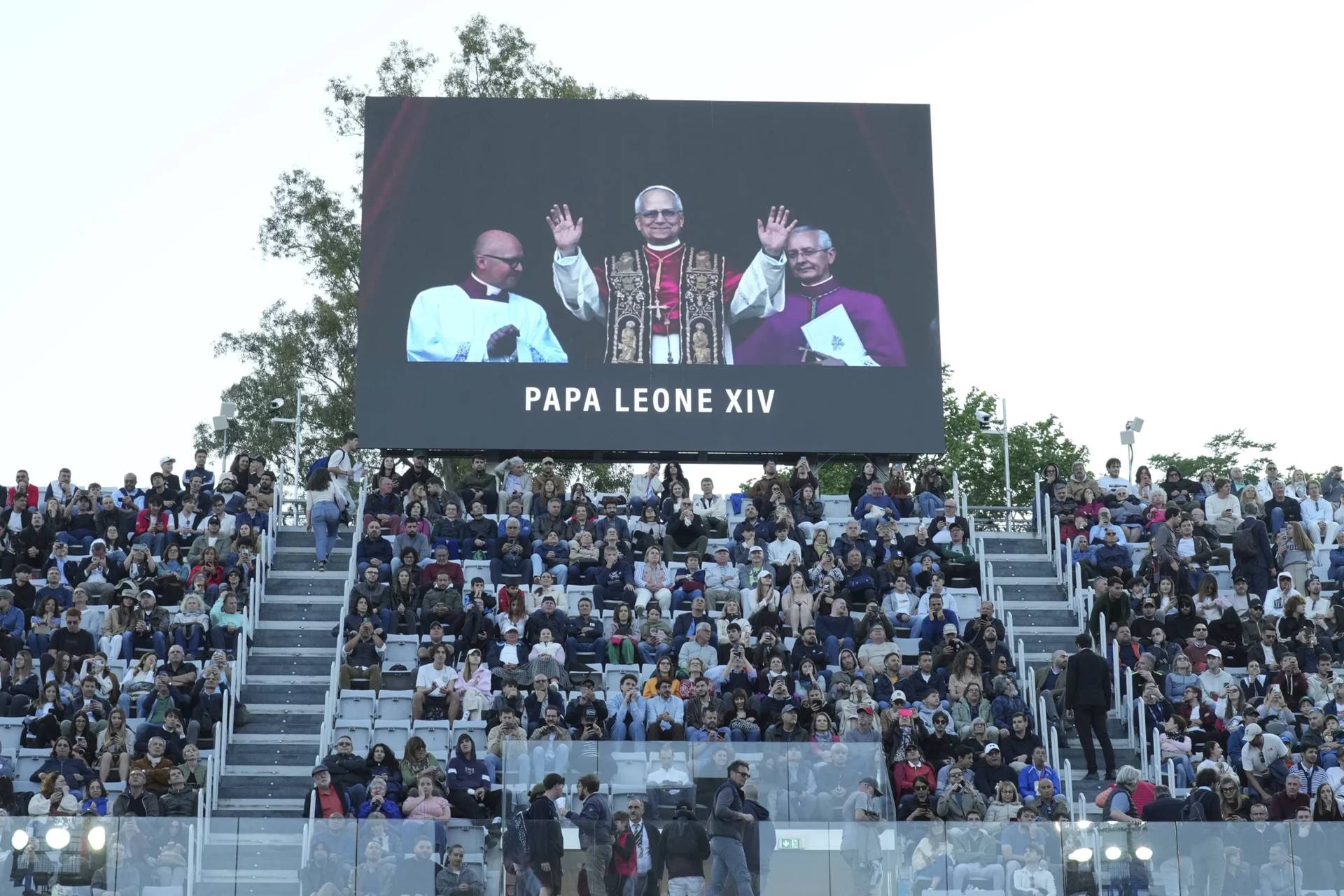BUENOS AIRES, Argentina (AP) — Argentina’s Catholic Church is launching an investigation into whether a group of religious women helped a former government official who allegedly tried to hide $9 million in cash at their convent.
The four women, will be investigated “to determine if there was a canonical crime and help the actions of the civil justice,” the Rev. Tom O’Donnell, a leading member of the probe, told local radio Wednesday.
Jose Lopez, a former public works secretary, was arrested in June at the convent on the outskirts of Buenos Aires. Police discovered wads of U.S. dollars and three other currencies.
Argentine media recently aired closed-circuit TV footage showing Lopez carrying a rifle and carrying cash in through the convent’s main entrance aided by two of the religious, who had been allowed by late Archbishop Rubén Héctor Di Monte to wear a religious habit- the reason why in Argentina they’re often referred to as nuns.
In a recent interview, Archbishop Jose Maria Arancedo, president of the local bishop’s conference, confirmed that in fact, they are not nuns.
Two of the religious are to appear before Judge Daniel Rafecas on Aug. 1. A neighbor of the monastery, who called authorities after he saw Lopez throwing bags onto the property, is also expected to appear.
One of the religious was caught on tape helping Lopez carry the bags of money into the convent.
After leading an inspection of the convent Wednesday, Rafecas told reporters that authorities had seized documents “showing a relationship of more than a decade” between the convent and Lopez, who was in the Cabinet of President Cristina Fernandez.
Since Fernandez ended her presidential term in December, President Mauricio Macri’s administration has promised to root out Argentina’s endemic corruption. Analysts say that has emboldened judges who are now freer to pursue sensitive cases against Fernandez and her allies without fear of retribution.
The former president has been included in investigations involving allegations of money laundering and possible illegal enrichment.
In parallel, Archbishop Agustin Radrizzani, from the diocese where the monastery is located, announced that the Church will begin a canonical investigation to determine if the events “of public knowledge” constitute a crime under Catholic law.
Recent investigations also show ties between Randrizzani’s predecessor, Di Monte, Lopez and the Kirchner administration. On this, Arancedo said that the Church can’t have a “corporativist” spirit and defend the indefensible. If there were, in fact, criminal ties between the archbishops and the powers that be, it has to be brought to light.
“It pains us that members of the Church are involved, when they should be transparent witnesses of the Gospel we preach. We’re the first to accuse ourselves,” Arancedo said.















